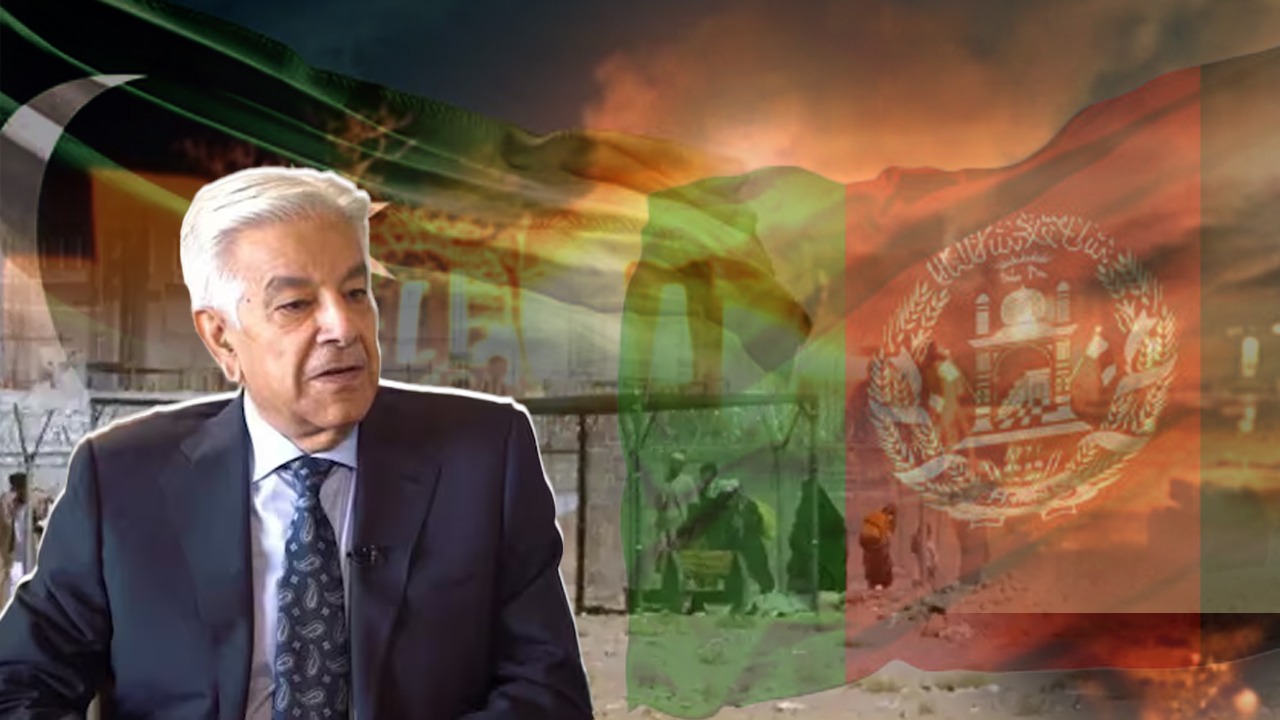Pakistan and Afghanistan resume tense peace talks in Istanbul, with Islamabad warning of “open conflict” if talks fail. Will the TTP threat and Kunar River dam plans derail diplomacy, or is a breakthrough finally possible?

Pakistan-Afghanistan second round of peace talks took place in Istanbul.
Istanbul: Pakistan and Afghanistan on Saturday initiated the second round of peace talks in Istanbul, even as tensions simmered on the sidelines. Pakistani Defence Minister Khawaja Asif reportedly issued a stern warning, suggesting the possibility of “open conflict” if the dialogue fails.
The first round of Pakistan-Afghanistan talks, facilitated jointly by Qatar and Turkey, took place in Doha on October 18-19. The current discussions aim to build on the progress made during that initial meeting and focus on concrete security commitments.
The Afghan delegation is led by Deputy Interior Minister Rahmatullah Mujib and includes Anas Haqqani, brother of Afghan Interior Minister Noor Ahmad Noor. Pakistan is represented by a two-member team of security officials.
Afghanistan follows India’s Indus water move; Could dams on Kunar spark tensions with Pakistan?
Speaking in Sialkot, Defence Minister Khawaja Asif indicated that the outcome of the Istanbul talks would likely be known by Sunday. “If the dialogue fails, Pakistan may have no choice but to engage in open conflict with Afghanistan. However, both sides appear to be seeking peace,” he reportedly said.
Pakistani media reported that Islamabad is also advocating for a “third-party oversight structure,” potentially co-chaired by Turkey and Qatar. This framework would monitor progress and address issues of non-compliance.
A key agenda for Pakistan at the talks is to secure verifiable commitments from Afghanistan to neutralize the threat posed by the banned Tehreek-i-Taliban Pakistan (TTP), which Islamabad claims operates from Afghan territory to launch cross-border attacks.
Relations between Kabul and Islamabad have been increasingly strained, especially along the Durand Line, where several skirmishes have been reported in recent weeks. Tensions escalated after Afghan Foreign Minister Amir Khan Muttaqi visited New Delhi starting October 9, a move Pakistan viewed with suspicion. On the first day of Muttaqi’s visit, drone attacks were reported in Kabul.
Further complicating matters, Afghanistan has announced plans to construct dams on the Kunar River, a project likely to unsettle Islamabad. Muhajer Farahi, Taliban Deputy Information Minister, stated on X that Taliban Supreme Leader Hibatullah Akhundzada has directed the Ministry of Water and Energy to begin dam construction immediately using domestic companies, without waiting for foreign firms.
The Chitral River, known in Afghanistan as the Kunar River, flows across northern Pakistan and eastern Afghanistan, covering 480 kilometres.
Originating from the Chiantar glacier at the Gilgit-Baltistan Chitral border, it enters Afghanistan at Arandu and eventually joins the Kabul River in Nangahar Province. Fed by melting glaciers and snow from the Hindu Kush mountains, the river system holds strategic significance for both countries.
Lasting Truce? Pakistan, Afghanistan agree to ‘immediate ceasefire’ after Qatar talks
The current round of talks follows a temporary ceasefire between the two nations after days of hostilities. While Pakistan emphasizes security guarantees and elimination of militant threats, Afghanistan is focused on infrastructure development and sovereignty over its water resources.
As both sides engage in Istanbul, international mediators Qatar and Turkey are expected to play a key role in keeping the dialogue on track. Observers suggest that the talks’ outcome could influence the stability of the entire region, including cross-border security and water-sharing arrangements.